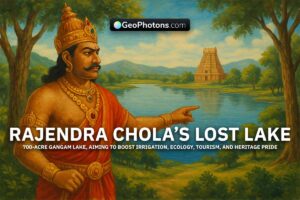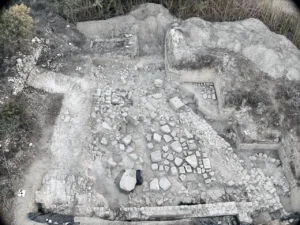Dr K Kasturirangan: India’s Visionary Space Scientist and Education Reformer
Dr. K. Kasturirangan, former ISRO Chairman and architect of India’s National Education Policy, passed away on April 25, 2025, in Bengaluru. His legacy spans groundbreaking space missions and transformative educational reforms.
1. What Were the Early Life and Academic Foundations of Dr. K. Kasturirangan?
Born on October 24, 1940, in Ernakulam, Kerala, Dr. Krishnaswamy Kasturirangan pursued his Bachelor and Master of Science degrees in Physics from the University of Mumbai. He earned his Ph.D. in Experimental High Energy Astronomy from the Physical Research Laboratory, Ahmedabad, in 1971. His academic journey laid a strong foundation for his future contributions to India’s space research and policy-making.
2. How Did Dr. Kasturirangan Influence India’s Space Program During His Tenure at ISRO?
As the fifth Chairman of ISRO from 1994 to 2003, Dr. Kasturirangan oversaw significant milestones, including the operationalization of the Polar Satellite Launch Vehicle (PSLV) and the successful flight-test of the Geosynchronous Satellite Launch Vehicle (GSLV). Under his leadership, ISRO initiated plans for the Chandrayaan-1 mission, marking India’s first venture beyond Earth’s orbit.
3. What Role Did Dr. Kasturirangan Play in Shaping India’s National Education Policy?
Beyond his contributions to space science, Dr. Kasturirangan chaired the committee responsible for drafting the National Education Policy (NEP) 2020. His vision emphasized holistic, flexible, and multidisciplinary education, aiming to transform India’s educational landscape to meet 21st-century needs.
4. In What Ways Did Dr. Kasturirangan’s Scientific Research Advance Astrophysics?
Dr. Kasturirangan specialized in high-energy astrophysics, focusing on X-ray and gamma-ray astronomy. His research contributed to understanding cosmic X-ray sources and gamma-ray bursts, enhancing knowledge of the universe’s high-energy phenomena. His work positioned India as a significant contributor to global astrophysical research.
5. What Honors and Recognitions Did Dr. Kasturirangan Receive for His Contributions?
Dr. Kasturirangan’s exemplary service earned him India’s highest civilian honors: Padma Shri (1982), Padma Bhushan (1992), and Padma Vibhushan (2000). He was also a fellow of all four major Indian science academies and held memberships in several international scientific organizations, reflecting his global recognition.
6. How Did Dr. Kasturirangan’s Leadership Extend Beyond ISRO?
After his tenure at ISRO, Dr. Kasturirangan served as Chancellor of Jawaharlal Nehru University and Chairman of the Karnataka Knowledge Commission. He was also a nominated member of the Rajya Sabha from 2003 to 2009 and a member of the erstwhile Planning Commission of India, influencing policy across various sectors.
7. What Legacy Did Dr. Kasturirangan Leave in India’s Scientific and Educational Domains?
Dr. Kasturirangan’s legacy encompasses pioneering space missions, transformative educational reforms, and significant scientific research. His vision and leadership have left an indelible mark on India’s progress in science and education, inspiring future generations to pursue excellence in these fields.
8. What Makes This Story a Must-Read?
Dr. K. Kasturirangan‘s life story is a testament to visionary leadership and unwavering dedication. His multifaceted contributions have propelled India’s advancements in space exploration and education, making his journey an inspiring narrative of national development and innovation.
Share this content:














Post Comment